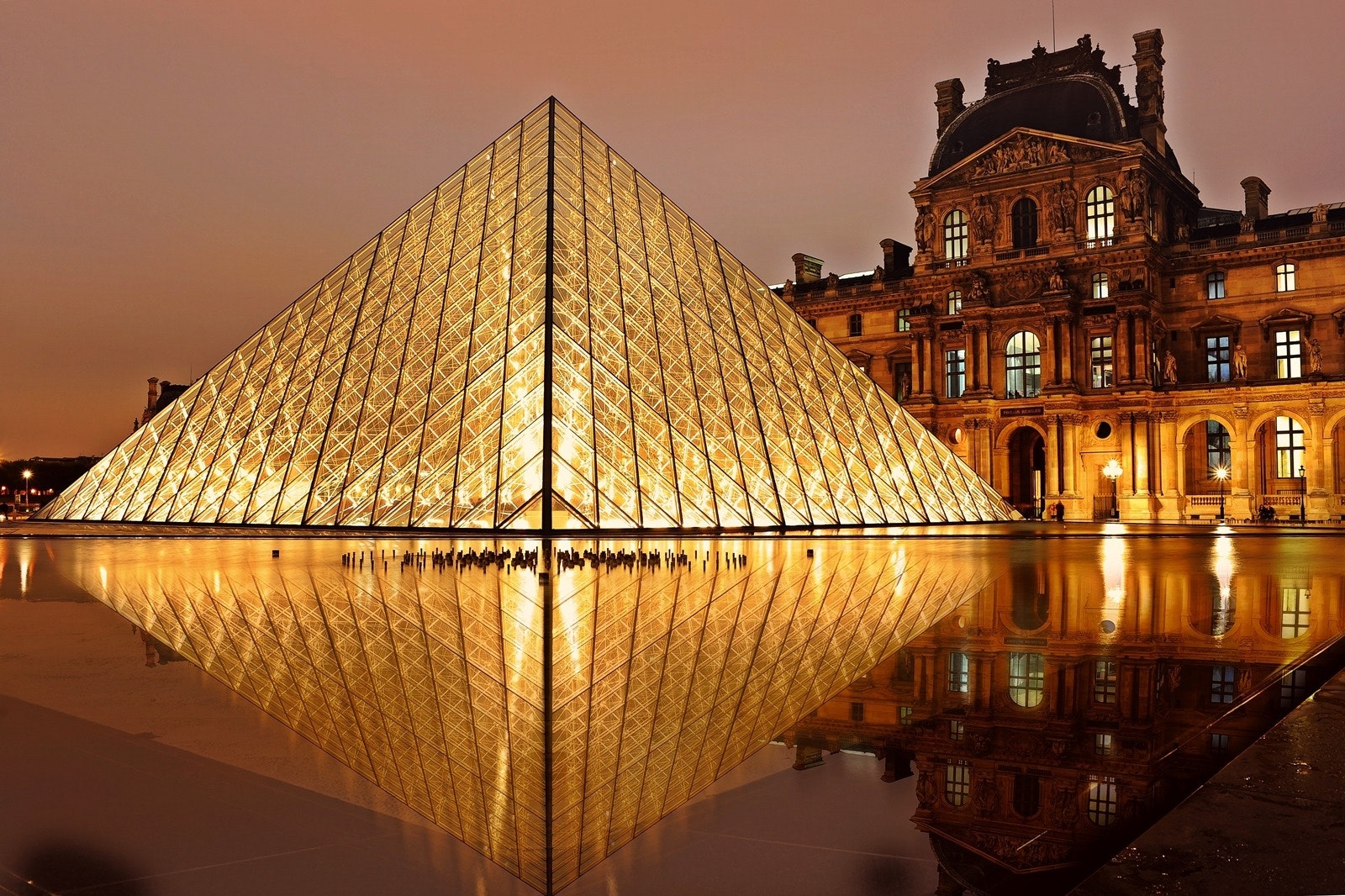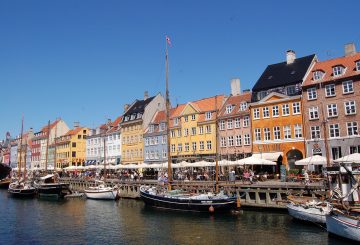
The French live like no one else. They celebrate the individual, eat and drink with gusto, relish their sporting events and fully embrace their free time, while never forgetting their rich history and culture. It’s best to understand France and the French before visiting or moving to the country. It will enhance your enjoyment of both immeasurably.
Culture
French culture exhibits a compelling mixture of reliance upon the state and celebration of the individual.
France has become an increasingly multicultural nation since the mid-20th century, owing mainly to immigration from former colonies in Africa, especially Northern Africa, known as the Maghreb. Although French law prohibits the compiling of statistics concerning citizens’ ethnic origins, it is known that France claims more than 5 million citizens of Arab and African descent. More recently, France has integrated many Eastern European immigrants.
Language Skills
The French are very proud of their language. Once the international language of diplomacy, the French language continues to enjoy cultural prestige and is one of the official languages of the United Nations.
French is the official language of business. Although many businesspeople speak English quite well, they are usually impatient with individuals who do not at least attempt to speak French. In most cases, the French very much appreciate any effort to use their language, although some will welcome the opportunity to practice their English. The French will correct mistakes made in their language, which is not meant as a criticism. If they see someone having great difficulty, however, they will likely revert to English.
In addition to French, there are dozens of rapidly declining regional dialects, which most visitors are unlikely to hear. On the French mainland, these include Catalan, Flemish, Alsatian, Provençal, Breton, Corsican and Nissart. These regional languages do not have any official status or recognition. Approximately 1.7 percent of the population speaks a form of Arabic, including Algerian, Moroccan or Tunisian dialects.
Communication Styles
The French are quite traditional at heart and prefer a formal style of communication. Nevertheless, they can be very direct and are not afraid to ask questions, although they will not probe into personal matters. The French appreciate spirited debate and conversation, which may seem highly confrontational to some. For example, to the French, North Americans tend to lecture rather than converse, whereas North Americans may need to get used to the interruptions inherent in a French exchange. Moments of silence are few and far between in conversation.
Appropriate topics of conversation in the French workplace include French history, politics, culture, and food, as well as sports and current events. The French will ask questions about your own country, especially regarding its politics and history. It is considered inappropriate to ask questions of a personal nature, such as marital status, or religious or political leanings. Although they do appreciate lively conversation, the French tend to dislike loud speech or loud laughter in public places. They prefer satirical humor and wit to jokes.
Cuisine
Several years ago, UNESCO added the ‘gastronomic meal of the French’ to its Representative List of the Intangible Cultural Heritage of Humanity. Each region has a distinctive cuisine based on local, fresh and seasonal ingredients. Cuisine from Southern France bears a strong Mediterranean influence, with heavy use of herbs, tomatoes, garlic, and olive oil, while in the North, cuisine relies more on farmhouse ingredients such as meat and dairy. The French are fond of cheese, consuming more than 52 pounds per person per year.
French wine also enjoys global renown. A government body regulates its production. The main categories of wine are vin de table, table wine, whose production is the least regulated; vin de pays, country wine, which is produced within a limited geographical area; and the vins d’appellation d’origine contrôlée, or AOC wines, prestigious wines that meet very high production standards. Three notable winemaking regions, Bourgogne, Champagne and the village of Saint-Émilion, are now on the UNESCO World Heritage list as well.
Recreation
The French are very fond of sports, particularly outdoor activities. Popular sports include football (soccer), tennis, judo, pétanque (a Provençal game somewhat akin to the Italian game of bocce), golf, mountain biking, hiking, rock-climbing and hand gliding. France also hosts world-famous competitions, such as the Tour de France (cycling) and the French Open (tennis).
Dining Etiquette
The French take dining very seriously. Here are a few tips:
o At a dinner party, do not start eating until the host has indicated, usually with the phrase bon appétit, that it is time to begin.
o When touching glasses during a toast, always look into the other person’s eyes as the glasses meet. Not doing so is considered unlucky.
o Break bread using the hands, not a knife, and leave your bread on the table during a meal; don’t set it on your plate.
o Requesting leftovers from a restaurant meal in a ‘doggy bag’ is traditionally frowned upon, but a recent law requires restaurants to provide doggy bags when requested. The new law was put in place to prevent waste. Still, requesting leftovers is traditionally perceived as being cheap and also suggests that the restaurant is not a quality establishment.
o At a café or brasserie, simply sit down at a table. There is no need to await a server to be shown a table. This does not hold for restaurants.



